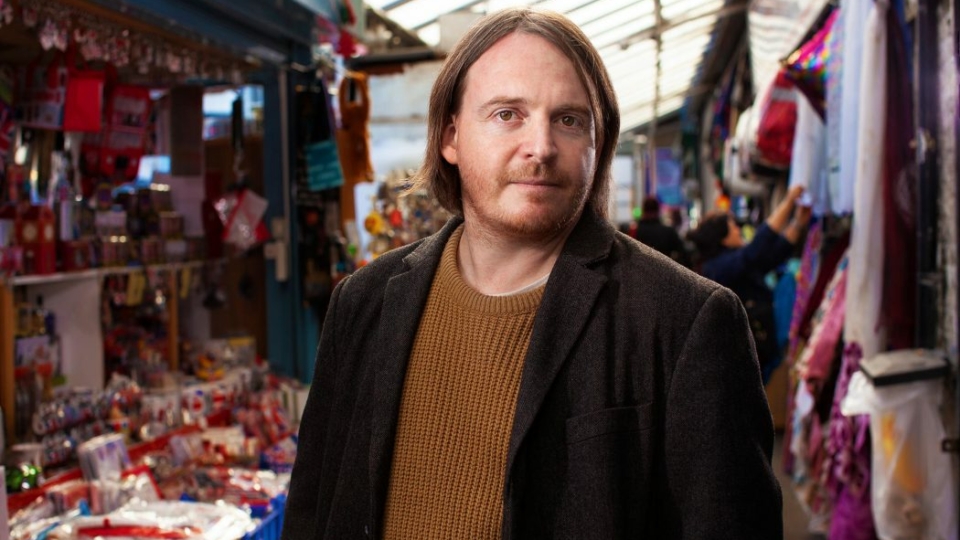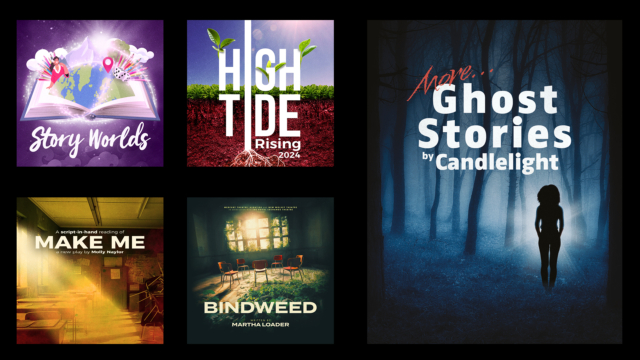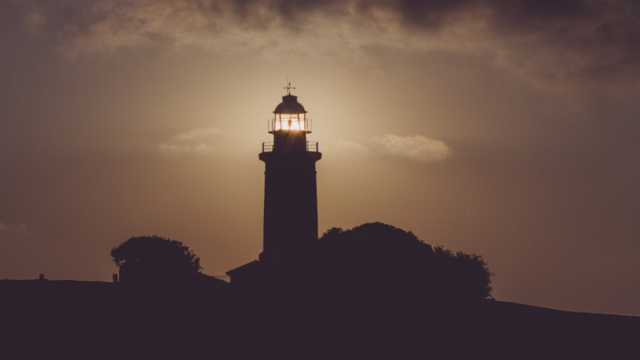
Posted on July 1st, 2019
“I think it’s interesting considering why we write something. That initial spark of an idea. That wonderful moment of adrenaline. And how our relationship to that play can change over time.”
I wrote the first draft of Rust in January 2016. It was called Terrorism then. Or Clocks. I’d actually forgotten about the title variation until I delved into a folder on my computer to see when the journey actually began. And realised I nearly called a play by the same title as a Coldplay song. For shame. For. Shame.
I think it’s interesting considering why we write something. That initial spark of an idea. That wonderful moment of adrenaline. And how our relationship to that play can change over time (as time there will always be before it goes on).
So, January 2016. Somehow I’m on attachment at the Royal Court. I’m so anxious about it I’ve started smoking again. I love the Court. Always have. And now I’m sat in one of their writers’ rooms feeling like an imposter trying to write a play. I think it was week two I receive a call off the then Literary Manager of the Bush (and former HighTide Literary Manager), Rob Drummer, asking if I’d like to write a short play for the Bush’s ‘This Place We Know’ season that’s happening while they refurbish the theatre. Only catch, first draft needs to be delivered in 4 weeks. I said yes. Obviously. Then panicked. Four weeks. Two plays to write. Don’t get me wrong, this is like best news ever scenario. But also a complete freak out.
So I decided that I would give myself one week to focus solely on the Bush play. Write it quick. Let the adrenaline fuel the writing. All I needed was an idea…
“And I think I understand love more now. More than I did three years ago. Or at least my own relationship to it.”
For a while I’d been interested in writing modern relationships. How monogamy doesn’t need to be the default option for everyone. I’d also been reading Pinter and Marber (both of their dialogue makes me weep it’s so good). There was something about Betrayal that stuck with me. The notion of the man renting the flat for the woman. That he was the one who had to create the rules for this affair. And so the idea for Terrorism (nee Clocks) just fell into place. It would be the story of an affair. An affair facilitated by the female character renting a flat for them to meet up at once a week. But the affair wouldn’t just be about them. It would be about breaking down the notion of single union relationships. The characters would be like terrorists. Testing an ideology. Destroying doctrine and social norms with the ferocity of suicide bombers. (It’s a slightly crass metaphor. Which is why the play is now called Rust).
Day five. And a pile of cigarettes outside the writer’s room door later. And I had a rough draft. This is not always the case. It doesn’t usually go this well when writing. But there was something about the form that meant I could just properly dive in. The play was a series of snapshots from the three years of the affair. The scenes were short and sharp and punchy.
The Bush liked it. I had the brilliant Eleanor Rhode (my director and good friend) attached to help me look less stupid and make the piece better. And it went on for a small run.
We now fast forward a couple of years. There’s been talk of the play coming back (it reviewed well, such a shit barometer for success, but sadly one that does still matter). And so I revisited the script to take it from a short play with a bad title, to a full length play that could sustain a proper run.
In the period of time from the first draft to this new reworking I’d got engaged (I’ll actually be getting married during the run). It’s impossible for such a huge event in your life not to affect your writing. The way you feel about love and relationships. And I suppose that was key in my redrafting process. My relationship to the work had changed. It wasn’t about this look for an alternative to monogamy. It was about two people who fall in love. Two people who have to hide that love in talk of breaking societal roles, who have to pretend that this is something that might change the way we all live. Not because they mean it literally. But because they need some way to justify what they are doing and the damage it will cause to their lives.
So as much as the, incredibly hard working and capable, marketing department will say it’s about these big themes and people trying to break free of what society wants them to do, maybe to me it isn’t anymore. It’s just a love story.
Just.
And I think I understand love more now. More than I did three years ago. Or at least my own relationship to it.
It’s magic.
Wonder.
Lust.
Compromise.
A seating plan that will make your eyes bleed. (As anyone who has ever had to plan a wedding can testify to it.)
It’s not one day a week.
How could that be possible. How could anyone sustain that?
And I suppose that’s what has helped me in the rewriting and development of the piece. In finding the truth of it. The emotional truth. And to be honest, that’s all I’m really interested in when it comes to storytelling.
I hope you like it if you come and see it. I hope it moves you in some way. Or at least makes you laugh (at the funny bits, obviously).
I’m very lucky to be working with a wonderful collective of artists who have turned some words on a page into a piece of theatre. The play owes them all a debt. And to be a part of Steven Atkinson’s final season as HighTide Artistic Director is a wonderful privilege.





